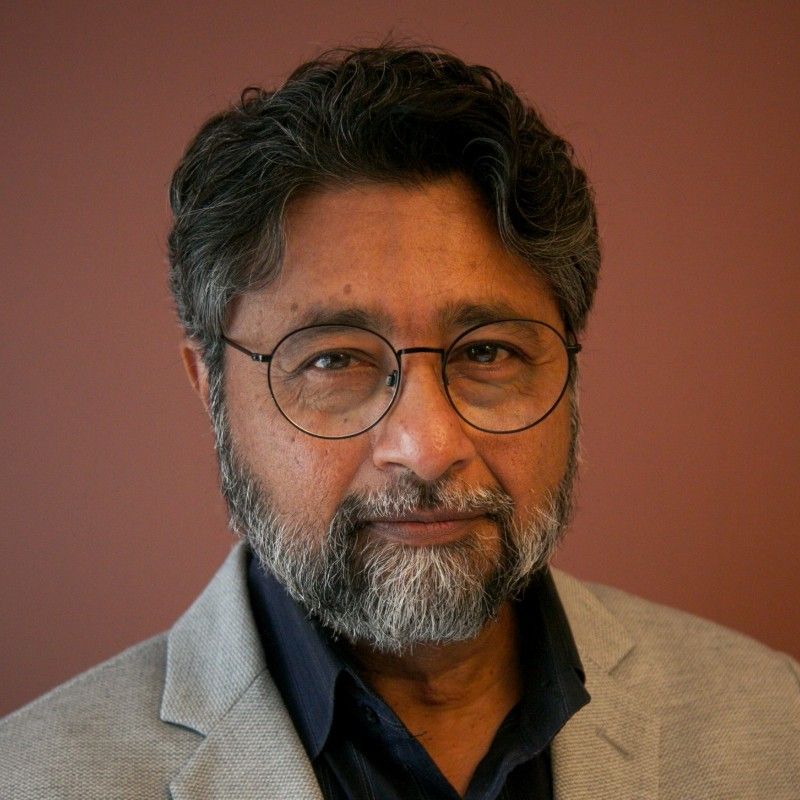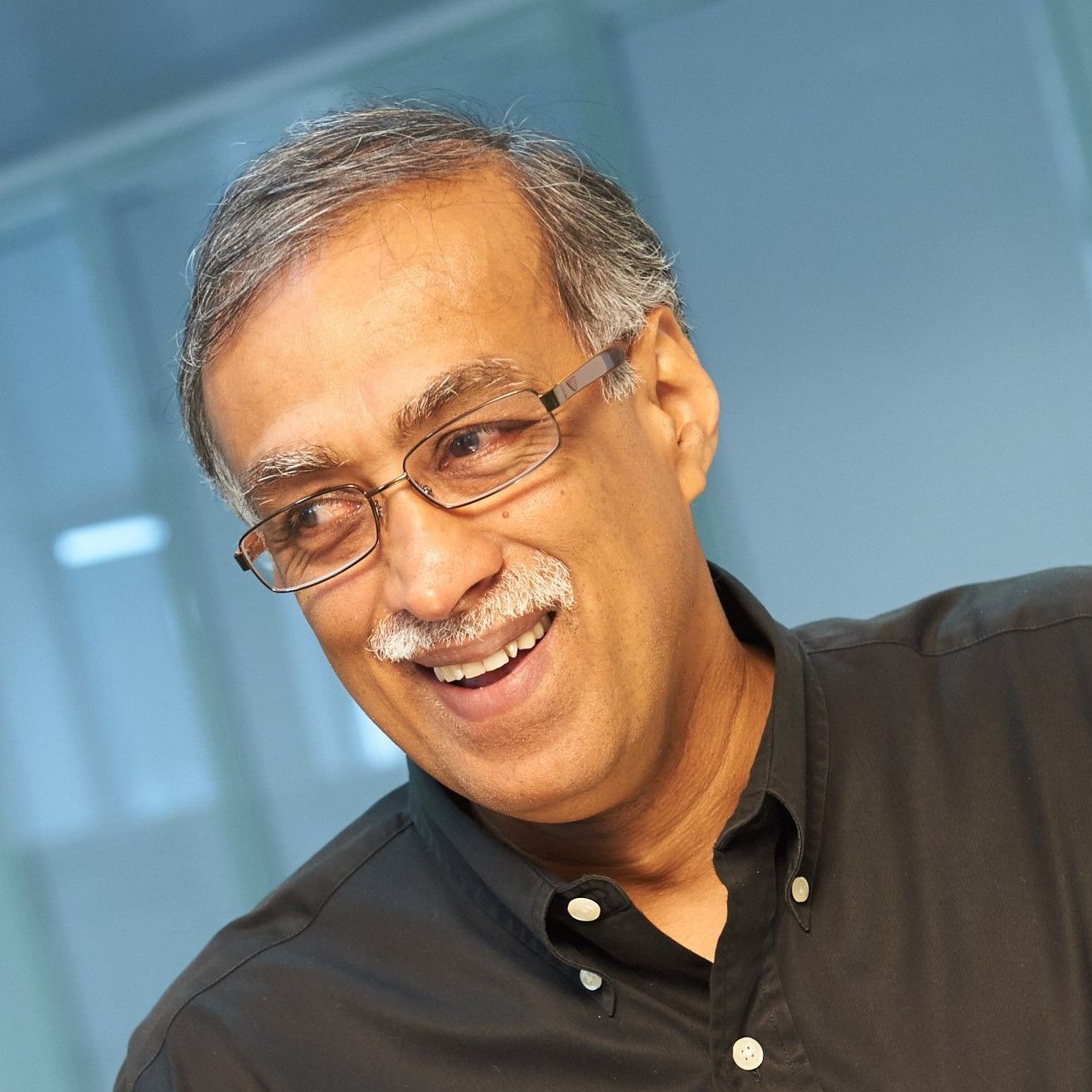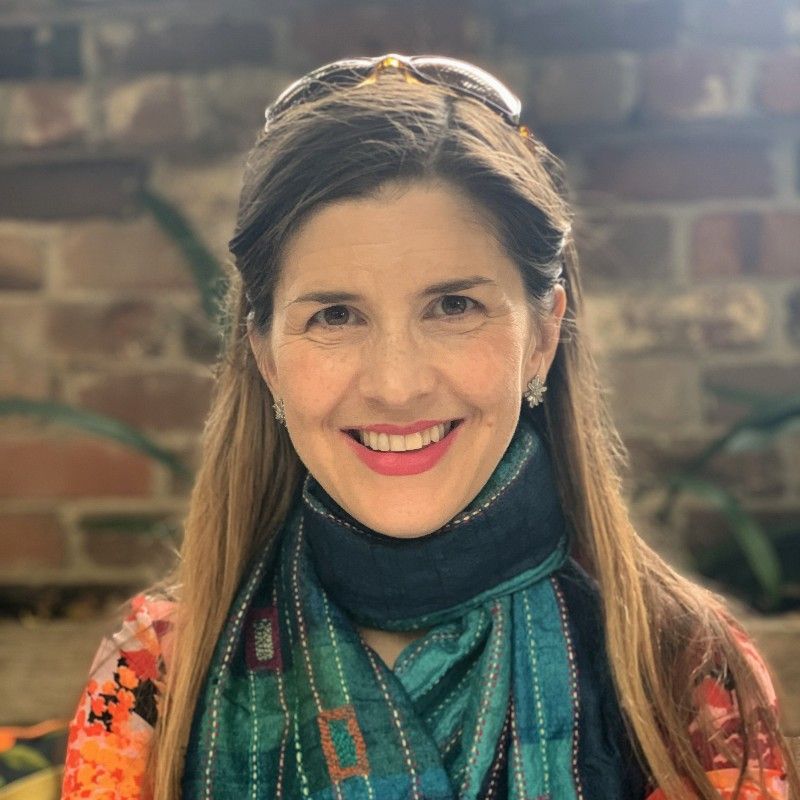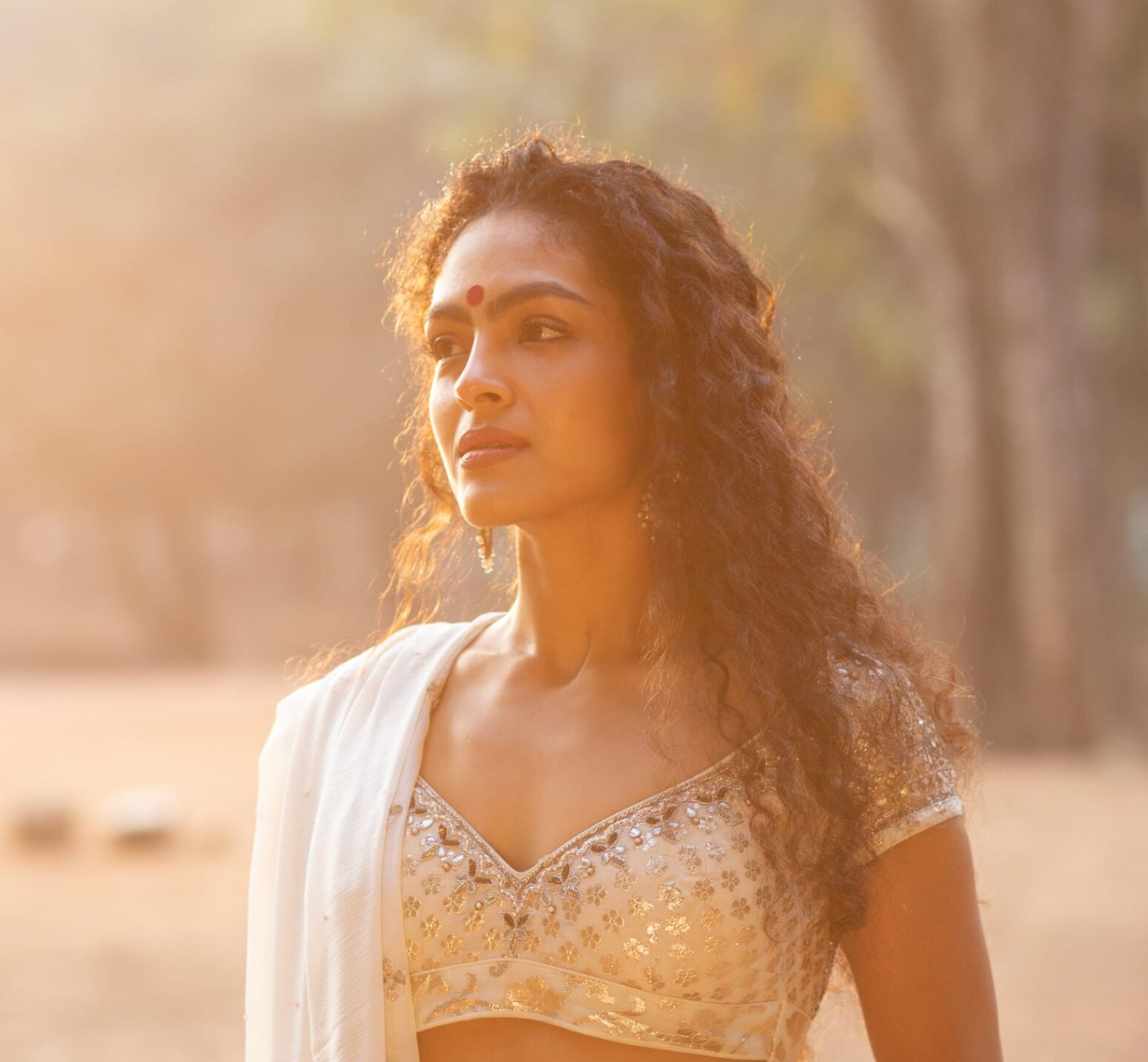Photo by Anup J. Kat
Advisory Board

Prof. Anjan Chaterjee
Anjan Chatterjee is a Professor of Neurology, Psychology, and Architecture and the founding Director of the Penn Center for Neuroaesthetics. He wrote The Aesthetic Brain: How We Evolved to Desire Beauty and Enjoy Art and co-edited Neuroethics in Practice: Mind, Medicine, and Society and The Roots of Cognitive Neuroscience: Behavioral Neurology and Neuropsychology.
He has received the Norman Geschwind Prize in Behavioral and Cognitive Neurology and the Rudolph Arnheim Prize for contribution to Psychology and the Arts. He is a founding member of the Board of Governors of the Neuroethics Society, the past President of the International Association of Empirical Aesthetics, and the past President of the Behavioral and Cognitive Neurology Society.
He serves on the board of The Global Wellness Institute and has served on the boards of the College of Physicians of Philadelphia, Haverford College, the Norris Square Neighborhood Project, and the Associated Services for the Blind and Visually Impaired.

Prof. Akhtar Badshah
Dr. Badshah is Chief Catalyst at Catalytic Innovators Group where he advises organizations and individuals to catalyze their strategy focused on social and philanthropic investments. He also conducts Purpose Mindset leadership Workshops with organizations to help individuals articulate their strengths and values and craft their purpose statement. Dr. Badshah is the Distinguished Practitioner at University of Washington at the Evans School of Public Policy & Governance, the Business School, at the Bothell campus and a faculty advisor at the START Center in the Department of Global Health. He is the founder and curator of Accelerating Social Transformation, a mid-career professional development certificate course on social impact.
Dr. Badshah is a seasoned executive with over 30 years of experience in international development, managing a corporate philanthropic program and co-founding a global nonprofit for social enterprise. Dr. Badshah led Microsoft’s philanthropic efforts for ten years, where he administered the company's community investment and employee contributions.
He was instrumental in launching both Unlimited Potential and Youth Spark – the company’s focus to bring digital technology to the underserved communities and youth all over the world. His most recent book Purpose Mindset: How Microsoft Inspires Employees and Alumni to Change the World, was recently published by Harper Collins Leadership.
In May 2020 Dr. Badshah and his colleagues launched Restart Partners funded by the Department of Commerce, WA State and supported by Facebook to increase confidence in mask adoption and vaccines and help restart the economy. Dr. Badshah serves on the boards of Altruist Nonprofit Accelerator, CROP, Global Washington, Microsoft Alumni Network, National Museum and Center for Service, Restart Partners and The Indus Entrepreneurs, Seattle Chapter. He is an accomplished artist and a doctoral graduate of the Massachusetts Institute of Technology. Dr. Badshah and family are very active philanthropists in the Seattle area.

Prof. Emily Cross
Emily is a cognitive neuroscientist and dancer based at ETH Zürich, where she leads the Social Brain Sciences (SBS) Team and co-directs the Social Brain in Action Laboratory (www.soba-lab.com). Through her research, she uses complex action learning paradigms (often involving dance, acrobatics, and music), social interaction manipulations, and robots, in combination with brain imaging and brain stimulation, to explore how our brains and behaviours are shaped by different kinds of experience throughout the lifespan and across cultures.
She served as the Principal Investigator on the European Research Council Starting Grant entitled 'Social Robots', which ran from 2016-2024. Further funding of her research has been generously provided by the National Institutes of Health (USA), Humboldt Foundation (Germany), Netherlands Organisation for Scientific Research (NL), Volkswagen Foundation (Germany), Economic and Social Research Council (UK), Ministry of Defense (UK), Marie Curie Actions (EU), Coleg Cymraeg Cenedlaethol (Wales), Leverhulme Trust (UK), and the Australian Research Council (Australia).
In addition to research and teaching, she is passionate about raising the profile and participation of women in science, and engaging and enthusing the public about scientific research and how the arts and sciences and mutually benefit each other. She regularly presents public lectures and interactive events that have people interacting with robots, learning to dance, and/or discovering new and exciting things about the human brain!

Rukmini Vijayakumar
Rukmini is the Artistic Director of her Classical Dance Company, Raadha Kalpa, the Director of her Art Space, LshVa, and the founder of the Raadha Kalpa method, a pedagogical system for the practice of Bharatanatyam. One of the most sought-after Bharatanatyam soloists of her generation, Rukmini has performed all over the world. Her style, a unique reflection of her artistic practices. She stands apart with her innovative choreography, athleticism, arresting emotions, and attention to detail.
Rukmini’s primary training and rigorous practice of Bharatanatyam was under Guru Padmini Rao, Guru Narmada Rao, and Guru Sundari Santhanam. Her ideas of dance are influenced greatly by the movement philosophy of the Natyashastra, which has been preserved through the research of Dr. Padma Subrahmanyam. These codified movement structures, known as
Karanas, were taught to Rukmini at a very young age by Guru Sundari. Also a student of western forms of dance, she graduated in 2008 with a BFA in Modern dance and Ballet from the Boston Conservatory, USA.
Having had training from the best of both worlds of dance, her choreographies draw from the ancient, retaining tradition even while making them relevant to a contemporary world.
She has performed as a soloist all over the world, including the Jacobs Pillow Festival (USA), The Drive east festival at LaMama Theater (New York), The India Dans Festival at Korzo Theater (The Hague), Milapfest (Liverpool), Temple of Fine Arts (KL) amongst numerous other venues. She was noticed for her role as “the goddess of love” in Pandit Ravi Shankar’s Opera, ‘Sukanya’, produced by The Royal Opera house, London, 2017.

